-
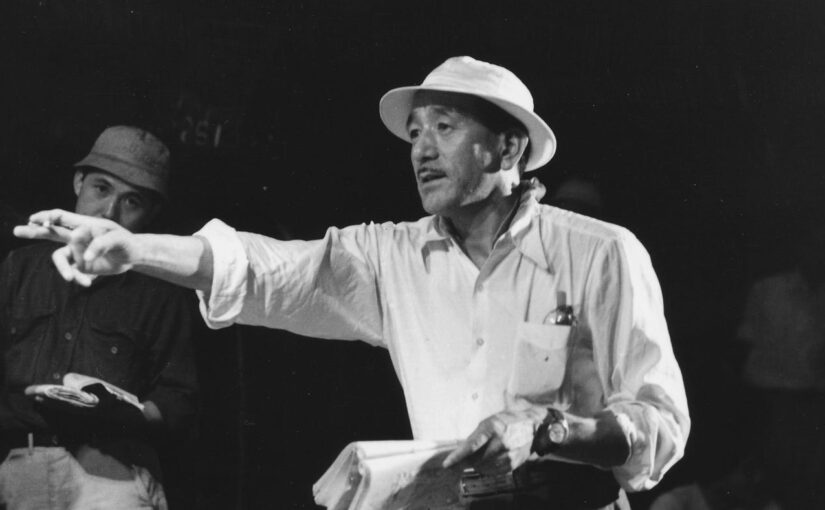
Yasujirō Ozu: Family in the Frame
Earning the mantle of one of cinema’s great formalists, Yasujiro Ozu develops a distinctive visual language rooted in meditative pacing and meticulously composed interiors, evoking a Zen-like tranquility through which the subtle, unspoken tensions of domestic life quietly unfold.
-
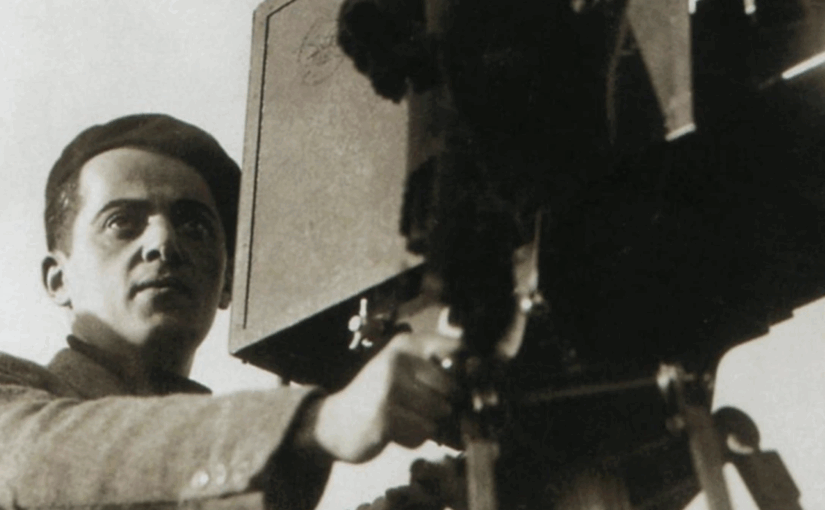
Jean Vigo: The Dreamer’s Uprising
Jean Vigo’s tragically short filmography blazes with anarchic spirit and poetic invention, marrying revolutionary politics with lyrical surrealism to liberate cinema from convention, and celebrate truth in its most rebellious, heartfelt forms.
-
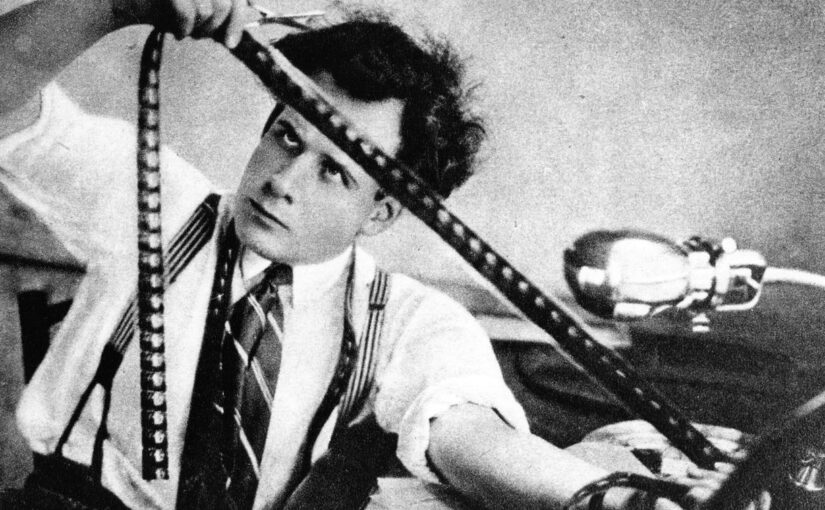
Sergei Eisenstein: Symphonies of Soviet Cinema
Cinema becomes a symphony of notes, rhythms, and textures within the hands of Soviet propagandist Sergei Eisenstein, developing the language of film editing through his five methods of montage, and reaching a peak of visual, kinetic innovation that has never been surpassed.
-
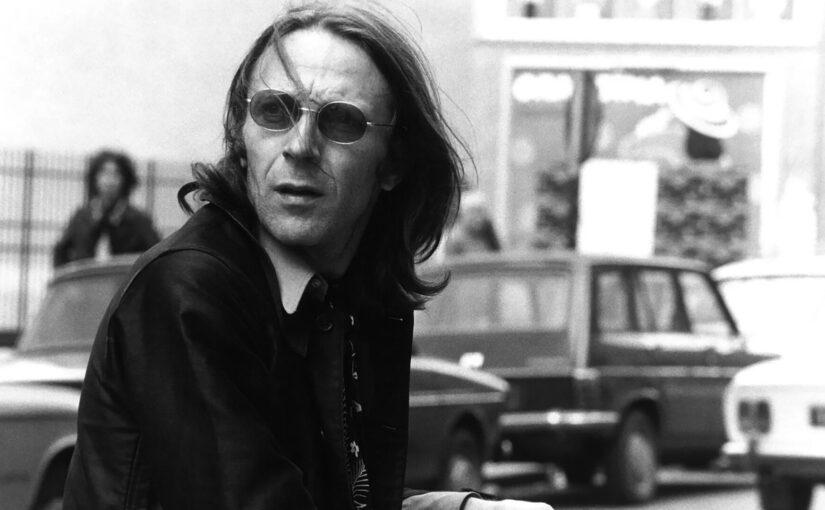
Jean Eustache: Masculinity in the Making
After drifting around the edges of the French New Wave, Jean Eustache takes lessons from his mentors to compose autobiographical interrogations of insecure masculinity, often sharing the same passions, anxieties, and shortcomings as his troubled young protagonists.
-
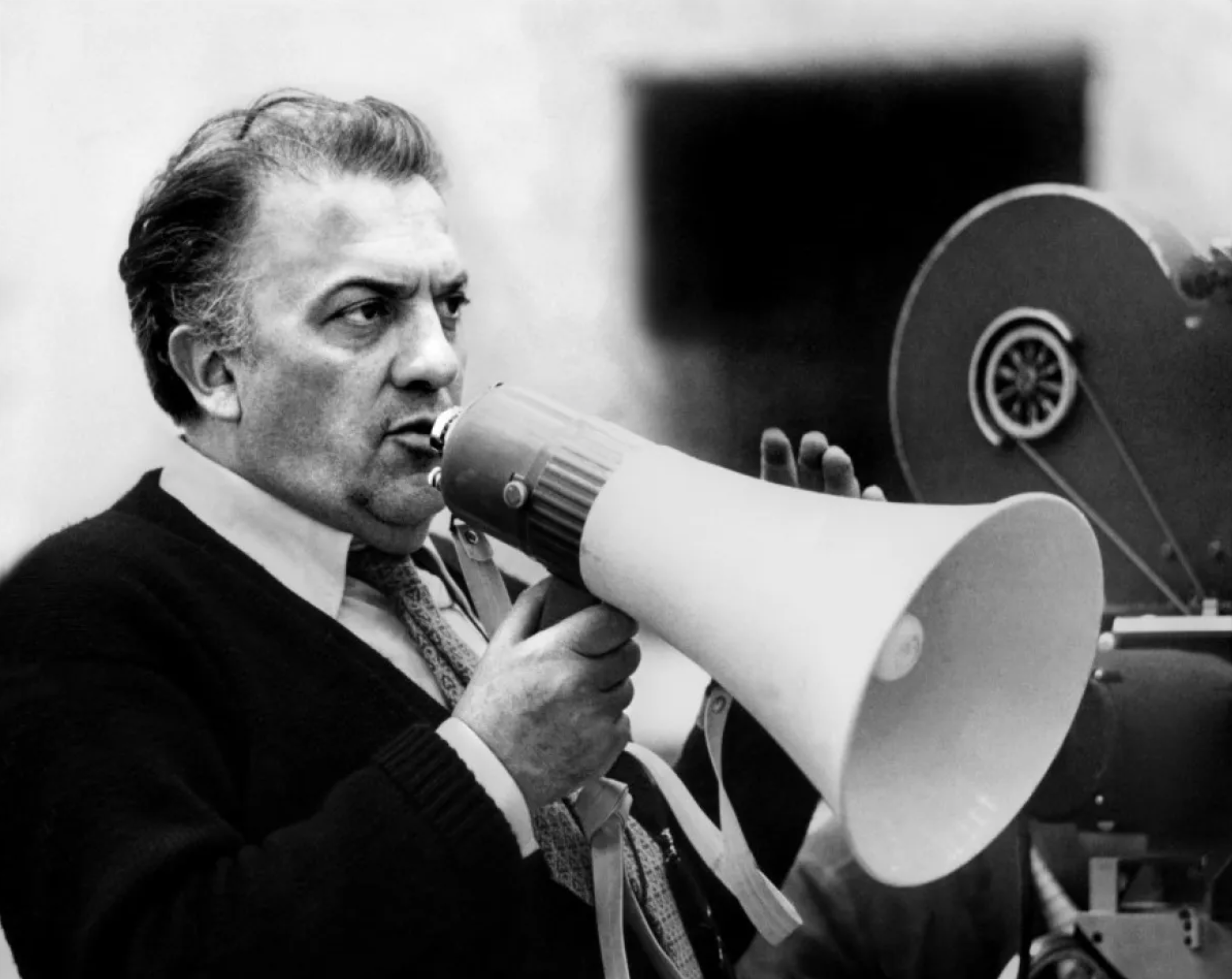
Federico Fellini: Miracles and Masquerades
Spanning both neorealism and feverish surrealism, Federico Fellini imbues his examinations of Italy’s past and present with whimsical theatrics, celebrating life’s innocent joys while exposing the spiritual emptiness that lies beneath its extravagant facades.
-

Ingmar Bergman: Faces of Faith and Doubt
Seeking the foundations of human identity, existence, and purpose in the absence of a responsive God, Ingmar Bergman composes severe modern parables of great spiritual weight, turning faces into landscapes that both express and withhold deep psychological truths.

